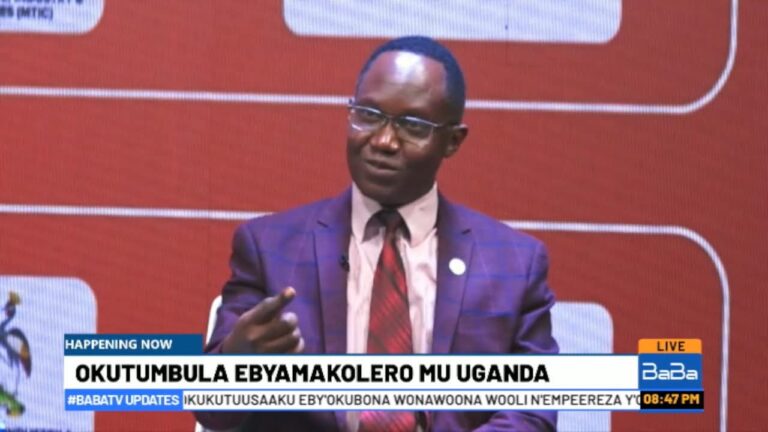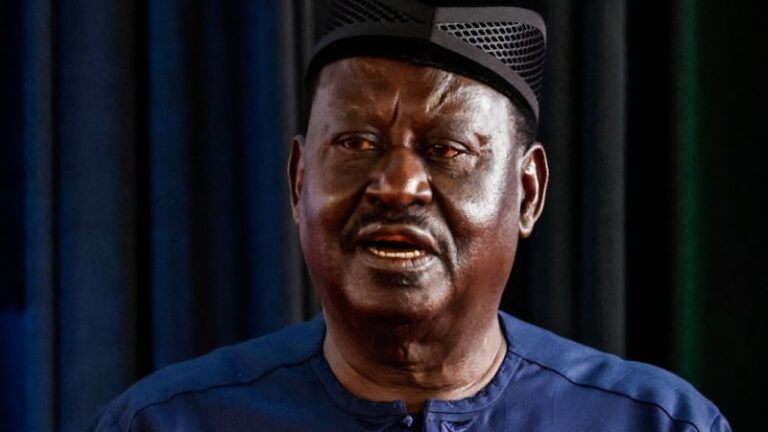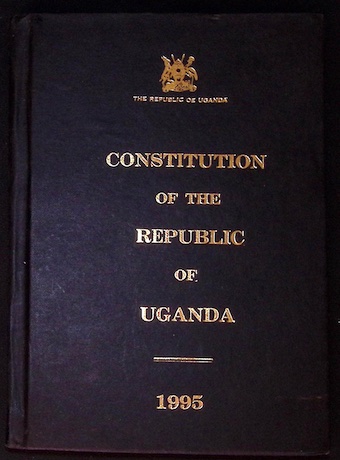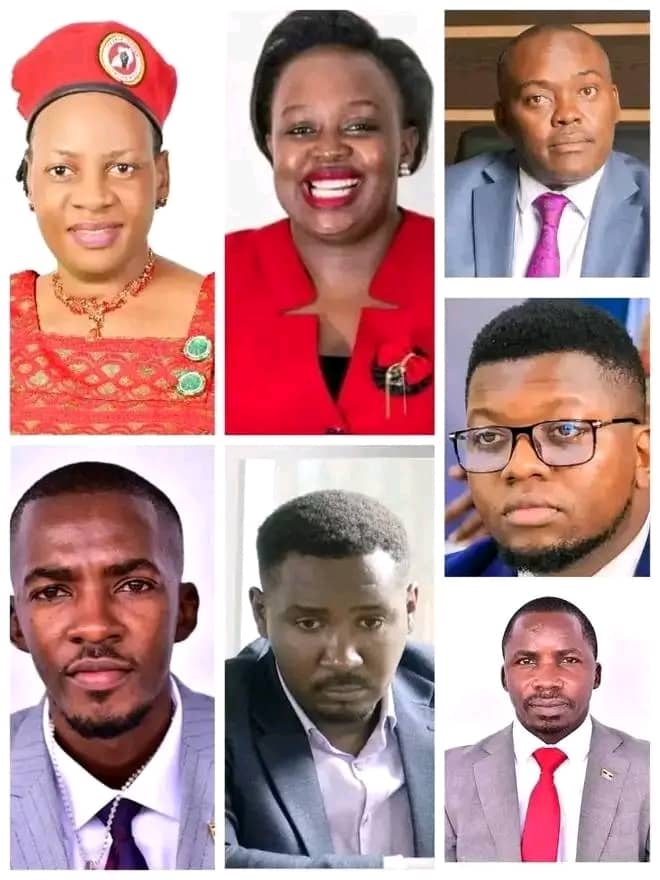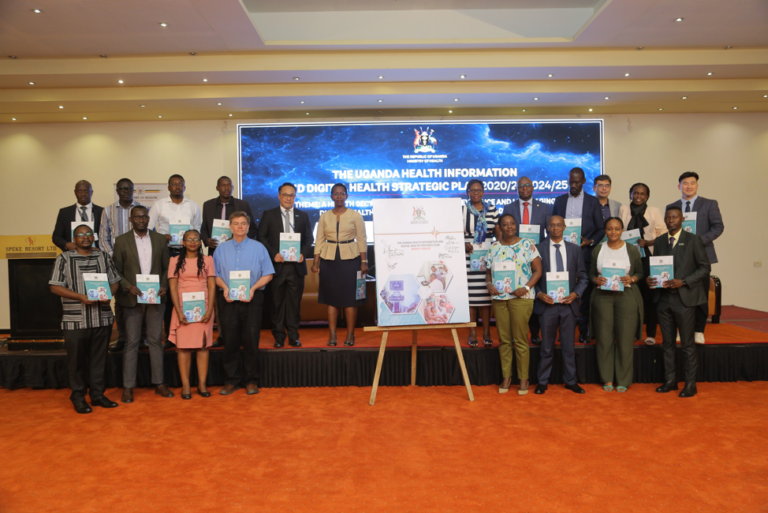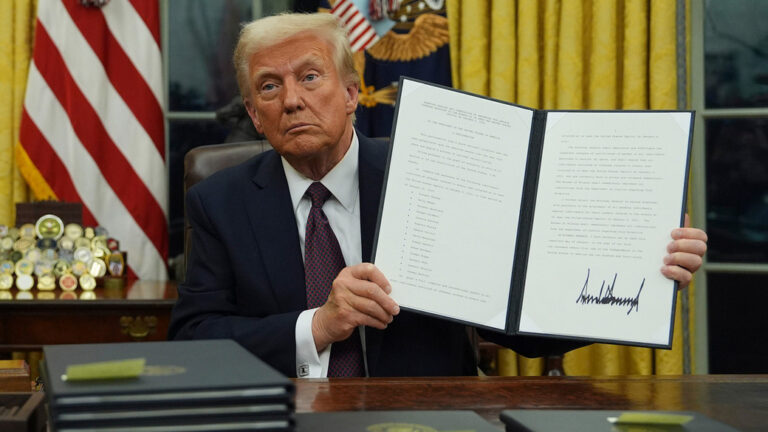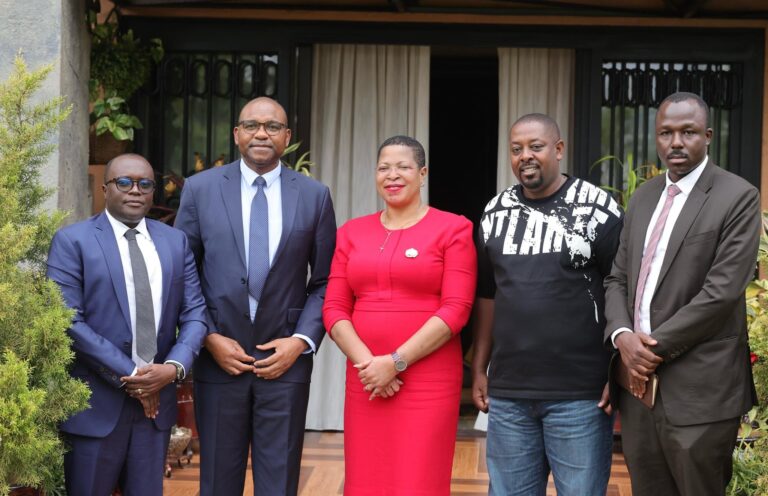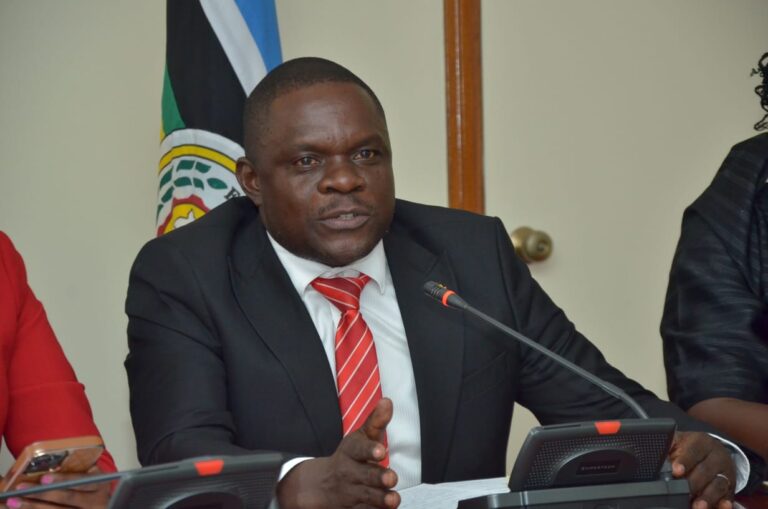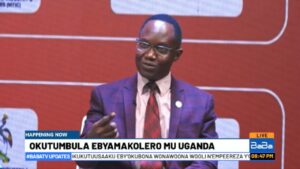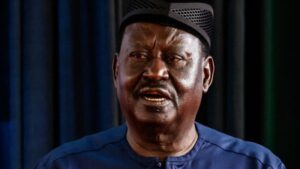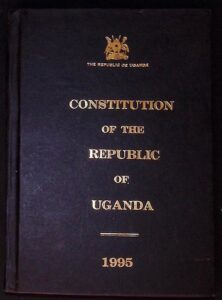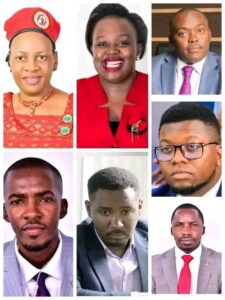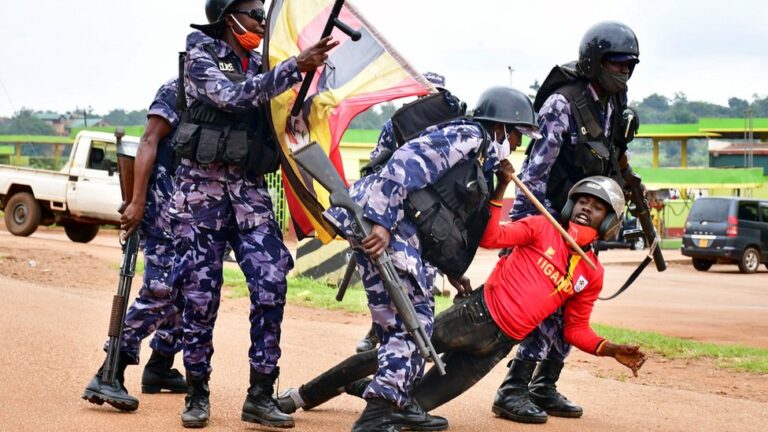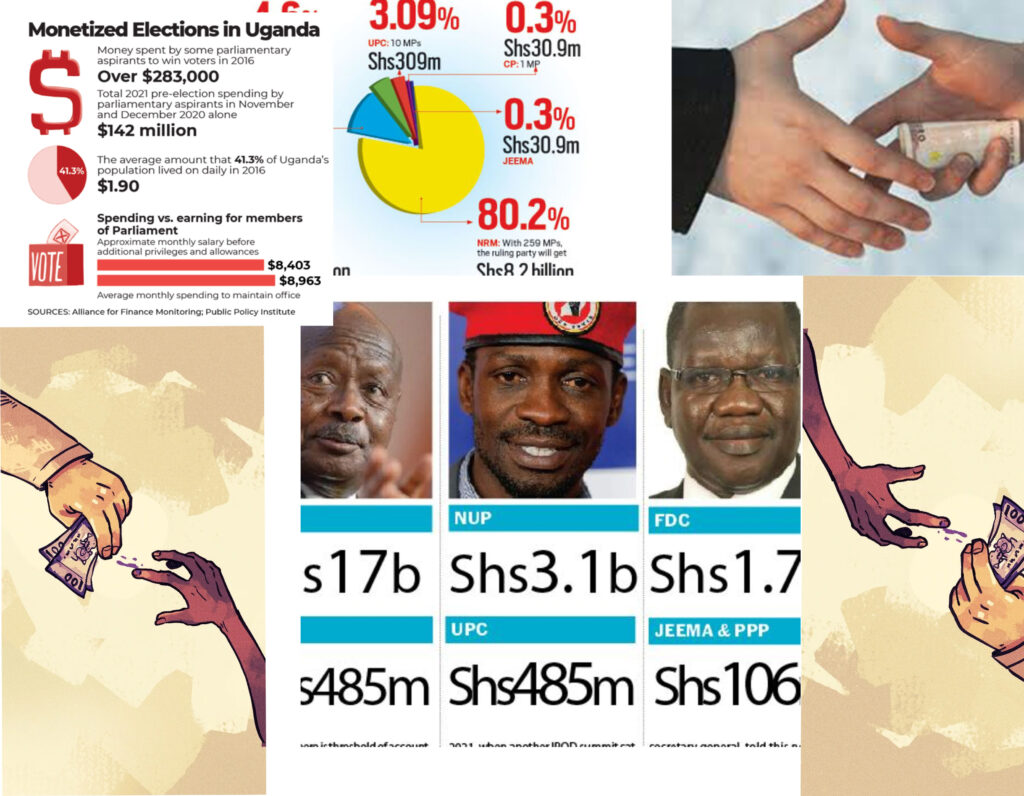
By Bakinyumya Douglas Paapa Ov Uganda (Political TV Producer & Host – @BDouglasPaapa)
03/JULY/2025
As Uganda inches closer to the 2026 general elections, political parties have begun unveiling the costs of acquiring party tickets—figures that are revealing, controversial, and deeply telling of the state of political inclusion in the country. From UGX 100,000 to a staggering UGX 20 million, these price tags raise an uncomfortable question: Has participation in Uganda’s politics become a preserve of the wealthy?
The newly released ticket fees show wide variation across the political spectrum. The Uganda People’s Congress (UPC), Forum for Democratic Change (FDC), and National Resistance Movement (NRM) all charge UGX 20 million for presidential aspirants. NRM candidates for MP must part with UGX 3 million, while those vying for Lord Mayor positions must raise UGX 5 million.
On the other end of the scale, National Unity Platform (NUP) has thrown a surprise punch by offering all its party tickets for free—be it for presidential, parliamentary, or mayoral contenders.
This dramatic difference speaks volumes about political philosophy, access to power, and how parties relate to the electorate and aspiring leaders.
When Candidacy Becomes a Commodity
Political leadership is supposed to be about vision, service, and the ability to represent people’s interests. But when the cost of a party ticket becomes exorbitant, the right to lead transforms into a privilege for the rich. It sends a dangerous message: that your financial muscle matters more than your ideas, your sacrifices, or your connection with the grassroots.
A presidential hopeful with a compelling national plan but no money? Blocked. A teacher with a heart for their community but who cannot raise millions? Disqualified before the race even starts.
NRM and the Institutionalization of Wealth-Based Politics
The ruling NRM’s fee structure reflects a party entrenched in financial politics. While it can be argued that such funds are used to finance party activities, the reality is that these fees create a barrier for many grassroots leaders—especially the youth, women, and people from historically marginalized communities. In a country where youth unemployment is among the highest in Africa, demanding millions from would-be leaders borders on disenfranchisement.
How many young leaders from rural Uganda can afford UGX 3 million to contest for MP, let alone UGX 20 million for president?
FDC and UPC: Struggling to Stay Afloat?
FDC and UPC, once vibrant symbols of opposition politics, seem to be caught in a funding dilemma. Their fees, while slightly more modest at parliamentary and mayoral levels, still mirror the same structural barrier of monetizing access to leadership. Perhaps it’s a sign of financial strain in sustaining their political operations. Yet, such short-term fixes may end up costing them long-term grassroots support.
In a time when Ugandans demand integrity and genuine representation, parties should be building structures that empower, not restrict, ordinary citizens from running for office.
NUP: Populism or Principle?
NUP’s decision to offer tickets free of charge has sparked praise from supporters and suspicion from critics. Is it an act of populist brilliance or a calculated strategy to attract numbers?
Either way, it’s a bold political statement: access to leadership should not be sold to the highest bidder. The move aligns with NUP’s positioning as the voice of the oppressed and the disenfranchised—particularly Uganda’s youth. Whether it will lead to a surge in unqualified or unserious candidates is a different conversation. But at the very least, it reclaims the spirit of equal opportunity.
Conclusion: A Broken Ladder to Power
Uganda’s democracy must not become a gated community where only the wealthy can enter. The cost of a party ticket should not be a filter for who gets to lead. While campaign financing is an undeniable reality, political parties must resist the temptation to commercialize candidacy. Leadership is about vision, not wallets.
The electoral process should reflect merit, public trust, and ideas—not cheques and bank statements.As we approach 2026, Ugandans must scrutinize not just who is on the ballot, but how they got there. Because when the cost of leadership rises too high, the cost to democracy becomes even higher.
By :Bakinyumya Douglas Paapa Ov Uganda (Political TV Producer and TV Host – @BDouglasPaapa


